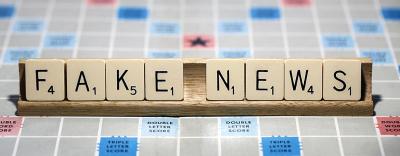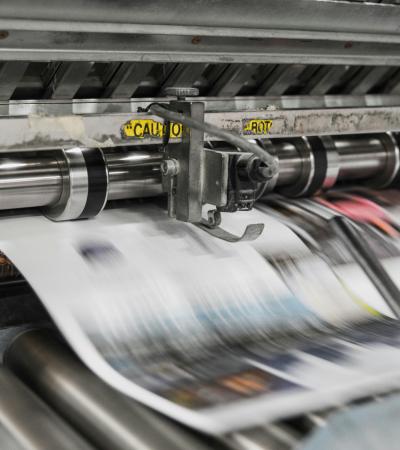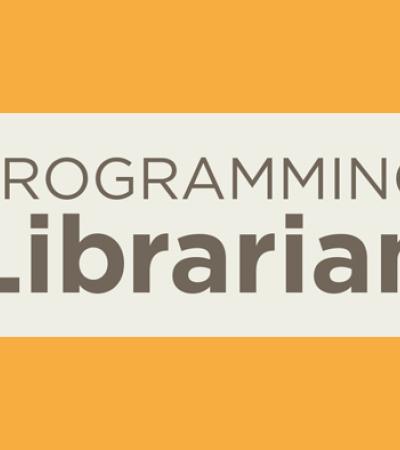
As librarians everywhere will attest, fake news is not new; fabricated stories have been presented as truth for centuries. But take a divided electorate and add a social media landscape where misinformation is shared with a click, and interest in the topic has soared.
Learning to decipher fact from fiction is a key skill for all news consumers, and libraries across the country are stepping up to help patrons gain the information literacy skills they need. With that in mind, Programming Librarian has compiled the following round-up of resources* to help libraries deliver their best programming about fake news.

Do you have other go-to resources that are not listed below? Please share them in the comments or email us at programminglibrarian@ala.org.
Webinars
- “Post-Truth: Fake News and a New Era of Information Literacy,” Programming Librarian, Feb. 22, 2017
- “Don’t Get Faked Out by the News,” American Association of School Librarians, Feb. 23, 2017; available for free viewing to all until March 2, 2017; available to AASL members and eCOLLAB subscribers thereafter
- “Fake News Workshop,” University of Illinois at Urbana-Champaign, School of information Sciences, Feb. 1, 2017; select "Slides/Audio"
LibGuides and resources
- "Evaluating Information," ALA LibGuide
- "Is It True? Try These Fact-Checking Websites and Resources," Arlington Heights (Ill.) Memorial Library
- "What is 'Fake News'?," Cleveland Library, Colby-Sawyer College
- "Fake News: How to Spot It," Enoch Pratt Free Library, Baltimore, Md.
- "Fake News," Indiana University East Campus Library
- "Understanding & Identifying Fake News: What, Why and How," Miami Dade College, Hialeah, Fla.
- "Fake News (And How to Fight It)," Miami Dade College Kendall Campus, Miami, Fla.
- "Truth, Lies and Quibblers: Media Literacy for a New Era," Oakland (Calif.) Public Library
- "'Fake' News," Penn State University Libraries
- Center for News Literacy, Stony Brook University School of Journalism
- "Real News/Fake News: About Fake News," University of California Berkeley Library
- "How Do We Become Better Citizens of Information?" (video), University of Minnesota Libraries
- "Evaluating Information: Fake News," University of Washington Libraries
News
- "To Test Your Fake News Judgment, Play This Game," NPR, July 3, 2017
- "Librarians Take up Arms against Fake News," Seattle Times, Feb. 6, 2017
- "5 Ways Teachers Are Fighting Fake News," NPR, Feb. 16, 2017
- "Evaluating Sources in a ‘Post-Truth’ World: Ideas for teaching and Learning about Fake News," New York Times, Jan. 19, 2017
- "U-M Library Battles Fake News with New Class," University of Michigan News, Feb. 16, 2017
- "Don’t Get Faked by the News (Blog)," American Association for School Librarians, Feb. 23, 2017
- "The Truth Is Out There: Fact-Checking Resources for Students," Programming Librarian, Nov. 16, 2018
Further reading
- "Web Literacy for Student Fact Checkers" by Mike Caulfield
- "Fake News and Alternative Facts: Information Literacy in a Post-Truth Era" by Nicole A. Cooke
- "Unspun: Finding Facts in a World of Disinformation" by Kathleen Hall Jamiesom and Brooks Jackson
- "Blur: How to Know What's True in the Age of Information Overload" by Bill Kovach and Tom Rosenstiel
- "A Field Guide to Lies: Critical Thinking in the Information Age" by Daniel J. Levitin
*Thanks to Nicole A. Cooke of the University of Illinois at Urbana-Champaign iSchool for providing several of these resources. Check out Dr. Cooke's Programming Librarian webinar, "Post-Truth: Fake News and a New Era of Information Literacy."



